CUSTOM DENTAL MOUTH GUARDS
There are a few different types of mouthguards that serve different purposes. These include custom-fitted, pre-made, and boil-and-bite. The right guard for you will depend on your specific needs. For athletes, a custom-fitted guard can help to protect teeth in a way that a boil-and-bite guard simply can’t match. The same goes for custom-fitted night guards.
Our dental practice provides patients with custom-fitted, professional-quality mouthguards to protect their teeth and jaw from injury and discomfort.
HOW THEY'RE MADE
If you want a custom mouthguard, you’ll need to go to a dentist. After an impression of your teeth is taken, it is sent to a lab, which uses it to create a mouthguard based on the unique shape. Depending on your dentist, you may have the option of choosing a color (or simply clear).
Within a few days, you’ll be able to return to the office and try it on. At this point, your dentist will examine the fit and make any necessary minor adjustments. Finally, you’ll be able to return home with your new mouthguard, along with a case to protect it when not in use.
Depending on your specific insurance company and policy, you may be able to get coverage, whether partial or full, for a custom-fitted mouthguard.
MAINTAINING YOUR MOUTHGUARD
While a certain level of wear and tear is inevitable, you can take some steps to minimize damage to your mouthguard and preserve it for as long as possible:
- Rinse it out before and after using it, or brush it with toothpaste to prevent bacterial growth.
- Occasionally, clean it with soap and water before rinsing and drying.
- Make sure to store it in a solid protective container that allows airflow.
- Keep it away from extreme temperatures, direct sunlight, and hot water.
- Check periodically for any defects and get a replacement if it becomes worn down.
WHICH TREATMENT IS RIGHT FOR YOU
There’s no individual treatment that will work perfectly for all individuals suffering from Obstructive Sleep Apnea, but the options covered here are all good places to start. OSA patients should be evaluated by a physician and have a sleep study performed. This will help determine if you, or the patient, has mild, moderate, or severe OSA. Mild to moderate cases respond best to oral appliance therapy.
DENTAL SLEEP DISORDER APPLIANCES
In addition to the common mouthguard, there are a few varieties of dental sleep devices designed to treat mild to moderate Obstructive Sleep Apnea and other sleep disorders. While we can’t cover all the available options here, these are three of the most commonly used treatments.
MANDIBULAR ADVANCEMENT DEVICES
Compared to the appliances we’ll discuss later, mandibular advancement devices are much more popular and widely used. They’re intended to treat snoring and mild to moderate Obstructive Sleep Apnea, and are sometimes known as dental sleep devices or oral appliances.
These essentially work by pushing the lower jaw forward. Since the tongue is attached to the lower jaw, this moves the tongue and other soft tissue forward, thereby opening your airway.
TONGUE RETAINING DEVICES
Tongue retaining devices work similarly to mandibular advancement devices, but there are some important differences. Instead of moving the jaw in order to adjust the position of the tongue, tongue retaining devices attach directly to the tongue to achieve the same result.
Compared to mandibular advancement devices and other sleep disorder appliances, tongue retaining devices can come with fewer complications and side effects. On the other hand, they’re also generally less comfortable, and it can take weeks or even months to be able to wear them without discomfort. Both have been shown to be equally effective in treating mild to moderate OSA.
CPAP AND DENTAL SLEEP DEVICE
CPAP (continuous positive airway pressure) devices are designed to apply air pressure to your airway in order to ensure it stays open overnight. In order to treat CPAP disorders, a medical provider may recommend a sleep disorder appliance along with a CPAP mask. This combination can allow for the use of a CPAP mask at a lower pressure. This, in turn, makes the side effects less of a concern.







